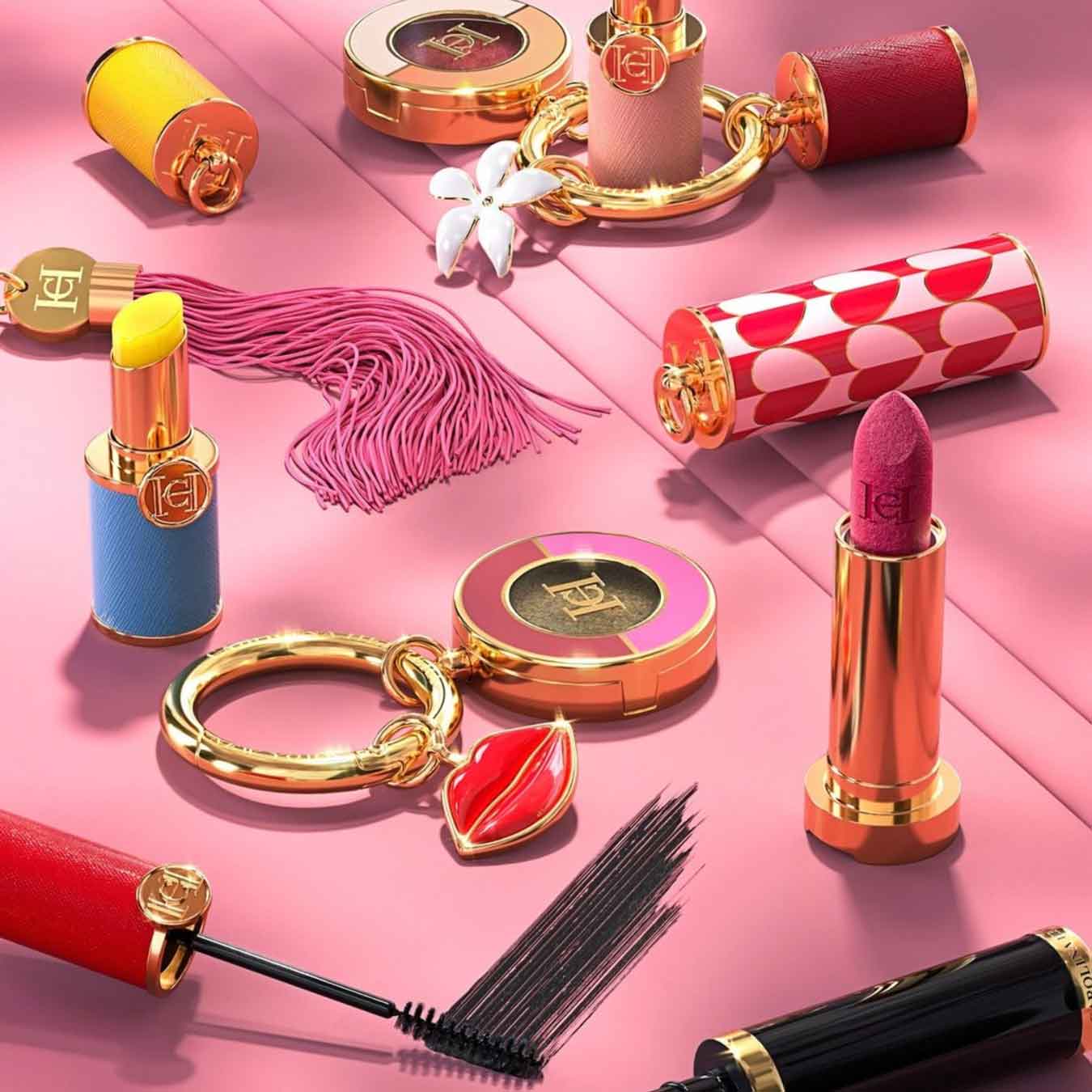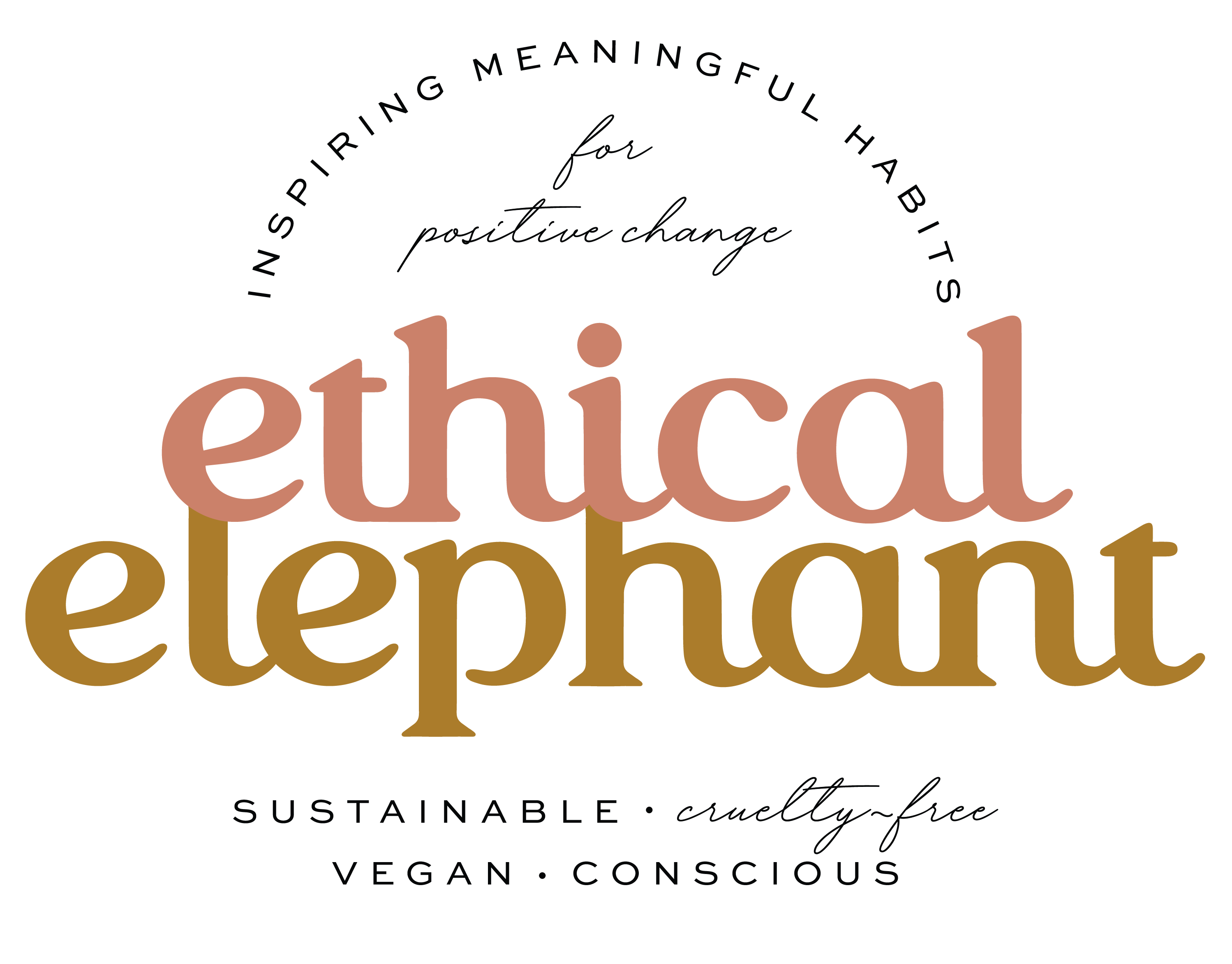This post may contain affiliate links that at no additional cost to you, I may earn a small commission.
Is Carolina Herrera Cruelty-Free?
❓It is unclear whether Carolina Herrera is truly cruelty-free or animal-tested. Therefore, Carolina Herrera is listed as Grey Area – Brands with Unclear Policies.
To be a truly cruelty-free brand, companies must meet all of the following:
- Company does not test its products or ingredients on animals or ask others to test on its behalf
- Company can ensure none of its ingredient suppliers test on animals
- Company does not allow or sell its products under conditions where animal testing is required by law
Based on our research, Carolina Herrera has not met all of the above cruelty-free criteria. For those reasons, we are unable to classify Carolina Herrera as a truly cruelty-free brand.
Learn more about our findings and why Carolina Herrera’s cruelty-free policy is unclear below.
Carolina Herrera’s Animal Testing Policy
When asking, does Carolina Herrera test on animals? We must look beyond to ensure none of Carolina Herrera’s ingredients or suppliers test on animals. And they don’t sell in any country or under conditions that may require animal testing by law.
To assess whether brands are cruelty-free, I always start with the company’s official animal testing policy on its website.
However, I couldn’t find Carolina Herrera’s animal testing statement anywhere on its website.
So I reached out to Carolina Herrera to ask for more information about their cruelty-free policy. More specifically, I wanted to know if they commission or allow others to test, not just their finished products but their ingredients on animals, including when selling in countries that require animal testing (like mainland China).
And Carolina Herrera responded by saying:
“We can assure you that in accordance with Regulation (EC) Nº 1223/2009 of the European Parliament and of the Council on cosmetic products, the ban on animal testing of finished cosmetic products has been applied since September the 11th, 2004. Also, the ban on the marketing of finished products whose ingredients had been tested on animals applies since March the 11th, 2009 and for some experiments (repeated dose toxicity, toxicokinetics, reproductive toxicity) this prohibition is since the 11th March 2013.
With the implementation of this regulation, it has been essential to have at our disposal adequate in vitro tests, to evaluate the safety of cosmetic ingredients and finished products, being Puig a pioneer in adopting in vitro techniques. To assure the safety of our products, we also use bibliographical studies, technical information of the raw materials from our suppliers, specialist databases and the experience acquired over many years dedicated to research, formulation and evaluation of our products.
For these reasons, we can guarantee that we do not carry out any animal testing on our finished products. Furthermore, we make sure our manufacturers and ingredient suppliers do not conduct or commission any animal tests for the ingredients or formulations which they provide us with. In addition, we actively monitor our supply chains, maintaining ongoing up-to date records and assuring that no animal testing is being conducted.
As of May 1, 2021, so-called “general” cosmetics imported into China are exempt from animal testing. Brands need to provide Good Manufacturing Practice certificates issued by state authorities and a full product safety assessment. Puig is aligned with these processes and strongly supports the fact that animal testing for cosmetics need to end and stand behind all initiatives pushing for worldwide animal testing ban.
Regarding the origin of the raw materials used in our products, we can certify that they are from vegetable, synthetic or mineral origin. Our cosmetics do not contain any ingredients coming from animals (except honey, pollen, and wax). Therefore, the products can be considered appropriate for vegetarians.
Finally, Puig commitment is to meet the market and consumer’s demands in all the areas, and this includes the concern about the safety and regulatory compliance of our products.”
Based on their response, we now know that Puig owns Carolina Herrera. And Carolina Herrera has the same animal testing policy as Puig.
Puig (and thereby Carolina Herrera) claims they do not test their finished products on animals and they make sure all their ingredient suppliers also don’t test on animals.
What concerns me about Puig and Carolina Herrera’s animal testing statement is when they say, “Puig commitment is to meet the market and consumer’s demands in all the areas, and this includes the concern about the safety and regulatory compliance of our products.”
A statement like this may imply Puig sells some of its Carolina Herrera fragrances and cosmetics in countries that may require animal testing (like mainland China.)
In their policy, Puig mentions China’s recent changes to its animal testing laws which allow imported “general” cosmetics to avoid animal tests, if provided with the proper certificates and safety assessments. Puig claims it’s “aligned with these processes.”
But it’s not exactly clear whether Carolina Herrera is sold in China or not and whether all their products have qualified to avoid animal tests while selling in China.
I tried asking for clarification on whether any of Carolina Herrera’s cosmetics or fragrances are sold in China but they kept responding back to me with the same statement above.
Cruelty-Free Policies
Just because a brand claims they are ‘Cruelty-Free,’ doesn’t always mean that’s the case.
That’s because there is no legal definition for the label ‘Cruelty-Free.’ It can mean different things to different people. But Cruelty-Free is generally used to imply no animal testing. More specifically, the ingredients, formulation, or finished product are not tested on animals at any stage of product development.
At ethical elephant, we always assess a company’s cruelty-free policy using our Cruelty-Free Checklist. This ensures no animal testing was performed by the brand itself, its suppliers, or any third parties.
When asking Puig and Carolina Herrera if their products are sold in China, they refused to clarify and provide a straight answer. As a result, I don’t have enough information to consider Carolina Herrera as being a cruelty-free or animal-tested brand.
Is Carolina Herrera Certified Cruelty-Free?
Carolina Herrera is not certified cruelty-free by any third-party cruelty-free certifications like Leaping Bunny or PETA.
Since Carolina Herrera is not certified cruelty-free by a third party, no one is substantiating or auditing Carolina Herrera’s cruelty-free commitments and claims.
Is Carolina Herrera Owned By A Non-Cruelty-Free Parent Company?
Yes. Carolina Herrera is owned by Puig, a parent corporation that still engages in animal testing in 2023.
Some cruelty-free consumers may choose to purchase and support cruelty-free brands owned by animal-tested parent corporations as they hope it will convince the parent company to become cruelty-free.
But in this case, Carolina Herrera is NOT cruelty-free, and neither is its parent corporation, Puig.
Does Carolina Herrera Test on Animals?
Unfortunately, Carolina Herrera failed to address whether the company sells its cosmetics and fragrances in countries that may require animal testing and if it allows its products to be tested on animals when required by law.
As a result, we cannot classify Carolina Herrera as a truly cruelty-free brand until they are more transparent with their animal testing policy.
Currently, Carolina Herrera is on our Grey Area Brands List – Brands with Unclear Policies.
Is Carolina Herrera Vegan?
❌ Carolina Herrera is NOT vegan. Carolina Herrera claims to offer some “vegan” options that are free of animal-derived ingredients, but because Carolina Herrera’s cruelty-free status is unclear, we wouldn’t consider anything sold or produced by Carolina Herrera to be vegan at this time.
In order for products to be considered vegan by ethical elephant’s standards, the products and their ingredients must not be tested on animals anywhere in the world. Also, they must not contain any animal-derived ingredients or by-products.
Vegan Policies
Similar to ‘Cruelty-Free,’ there is no standard or legal definition for the label ‘Vegan.’ But Vegan is generally used to mean formulated without animal-derived ingredients or animal by-products.
Some common animal products in cosmetics include carmine, lanolin, snail mucus, beeswax, honey, pearl or silk-derived ingredients, animal-based glycerin, keratin, and squalene.
There are plant-based and synthetic alternatives to animal-derived ingredients. But unless a brand explicitly labels its ingredients or product as Vegan, it’s often difficult to know with certainty whether a product is vegan just by reading the ingredient list.
So it’s best to ask the company and manufacturers to ensure the ingredients they chose were from non-animal sources.
Cruelty-Free Alternatives to Carolina Herrera
Looking to switch to cruelty-free products? Here are some cruelty-free brands to check out:
- Westman Atelier
- Chantecaille *owned by Beiersdorf
- Charlotte Tilbury *owned by Puig
Also, check out our List of Cruelty-Free & Vegan Perfume at Sephora!







